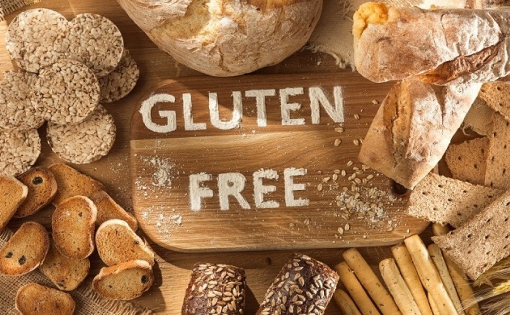Back to diets
Vegan Diet
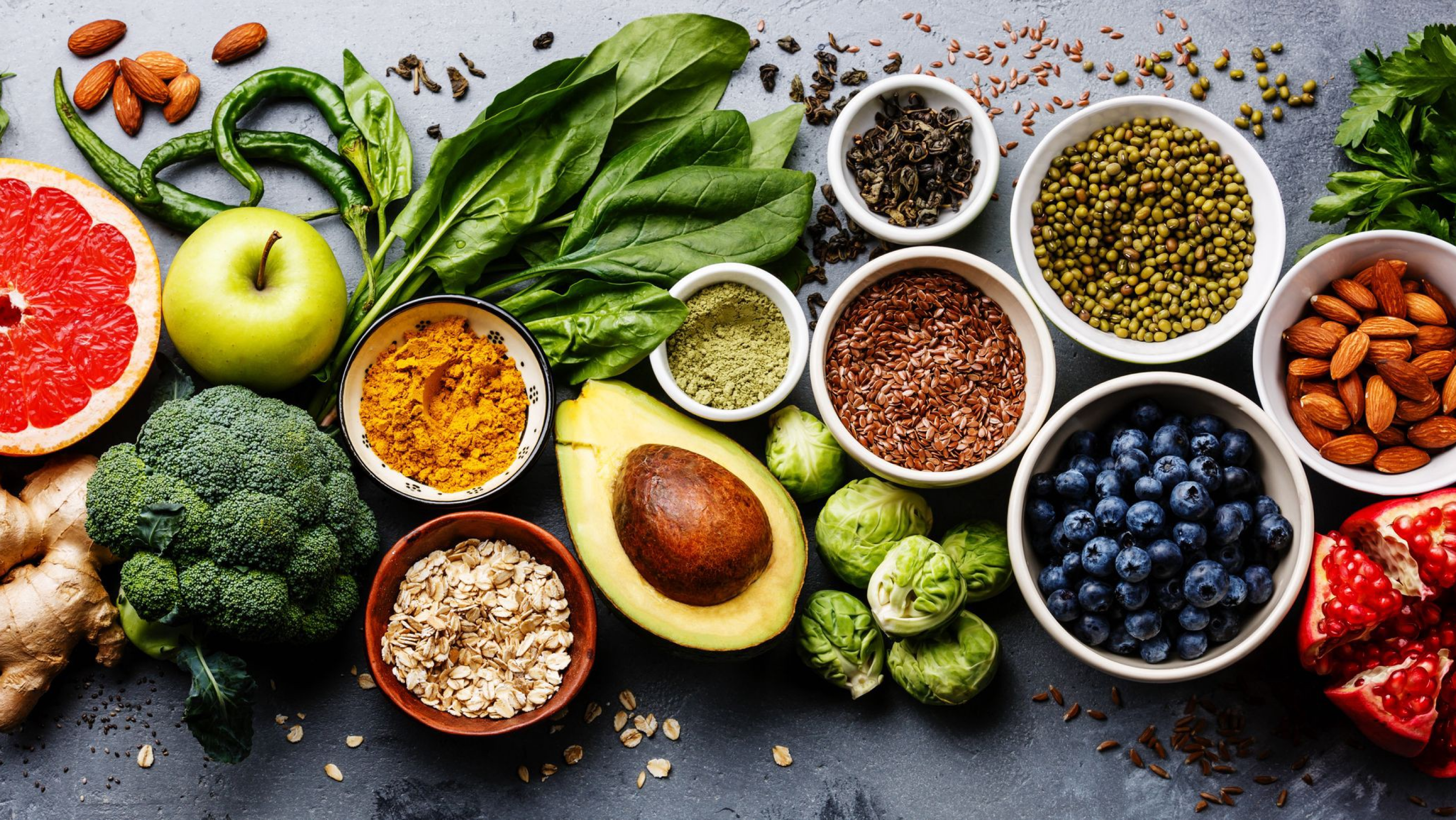
What Is The Vegan Diet?
The vegan diet is a diet that is based around plant based foods and excludes all meat, fish, poultry, milk, dairy products, and eggs. Some people may exclude foods that involve animal byproducts in processing even if those products do not end up in the food. People choose to follow a vegan diet for a variety of reasons. They may have concerns about the treatment of animals, they may wish to improve their health or they may have a desire for a more environmentally sustainable diet and lifestyle. Beyond a dietary choice, some people choose to live a vegan lifestyle and may also avoid clothes, soaps, and other products that use or contain parts of animals, such as leather and animal fur.
Benefits Of The Vegan Diet
Weight loss:
It may aid in weight loss. There is an association between the vegan diet and having an overall lower BMI compared to those who followed a non-vegan diet.
Heart health:
The vegan diet is generally considered to be higher in fiber, lower in cholesterol and overall associated with a lower risk of heart disease.
Lower blood pressure:
People who followed a vegan diet have been shown to have lower blood pressure on average than those who followed omnivorous diets, meaning those including plants and meat in the diet.
Anti-inflammatory effects:
A plant-based diet can offer a rich variety of plant nutrients such as vitamins, minerals, antioxidants and phytochemicals that have been shown to fight inflammation and help support a healthy body.
Reduced cancer risk:
A vegan diet has been shown to lower the risk of specific cancers. This is likely due to the fact that plant foods are high in nutrients such as antioxidants and phytochemicals that protect against cancers.
Environment sustainability:
Foods such as fruits, vegetables, grains, breads and pasta have a lower impact on the environment, while foods such as meat, poultry, fish, dairy, and eggs may have a greater impact due to more processing involved.
Foods To Eat
- All varieties of fruits
- All varieties of vegetables
- All varieties grains
- Plant based protein products: Tofu, tempeh, soy products
- Legumes: Beans, lentils, peas
- Nuts and seeds: Almonds, peanuts, walnuts, cashews, chestnuts, pistachios, macadamia nuts, flaxseeds, chia seeds, hemp seeds
- Nut butters: Peanut butter, almond butter, cashew butter, sunflower seed butter
- Calcium-fortified plant milks and yogurts: Almond milk, soy milk, coconut milk, almond yogurt, soy yogurt, coconut yogurt
- Algae: Spirulina, chlorella Nutritional yeast
Foods To Avoid
- Meat: Beef, veal and pork
- Poultry: Chicken and turkey
- Fish and seafood
- Milk and dairy products
- Eggs Bee products: Honey, bee pollen, royal jelly
- Animal-based ingredients: Whey protein, casein, collagen, lactose, egg white albumin, meat based broths, gelatin, lard
Is The Vegan Diet Right For me?
Following a vegan diet can be healthy with the benefits of plant based foods, however it is generally not sustainable or practical for everyone. It may be a challenging diet to adhere to due to its many restrictions.
The transition to a vegan diet doesn’t have to be difficult. The keys to having a nutritious vegan pattern of eating is planning ahead and supplementing for any potential nutrient deficiencies. Following a poorly planned vegan diets particularly puts people at risk of certain nutrient deficiencies such as Vitamin B12, Vitamin D, omega 3 EPA and DHA, iron, calcium, and zinc. There is also the consideration to look for vegan-specific supplements as some may be produced with animal-based ingredients or byproducts. While following a vegan diet, it can be beneficial to include enriched and fortified products that incorporate nutrients in the foods such as enriched breads, grains and fortified plant based milks and yogurts.
With careful planning, a vegan diet may be suitable for most people, however specific needs may need to be considered for those who are particularly prone to nutrient deficiencies, babies or children who require a variety of specific nutrients for growth and development, those who are pregnant or breastfeeding. It may be less suitable for individuals with or at risk of orthorexia or other eating disorders. If you are not sure if a vegan diet is right for you, it is recommended to speak with a doctor and a registered dietitian.
More Diets
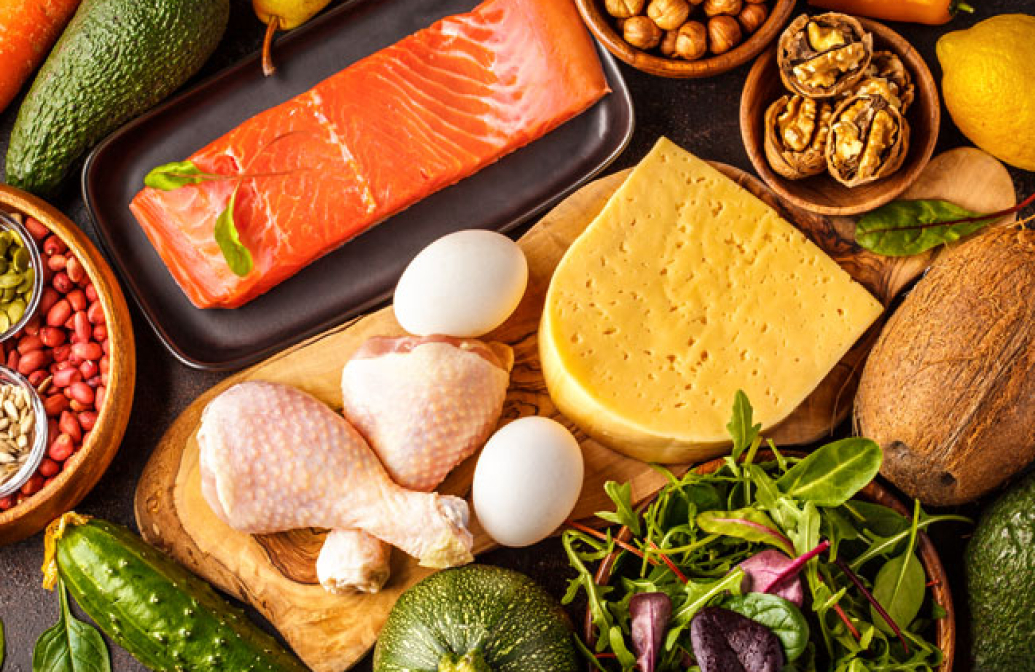
Ketogenic
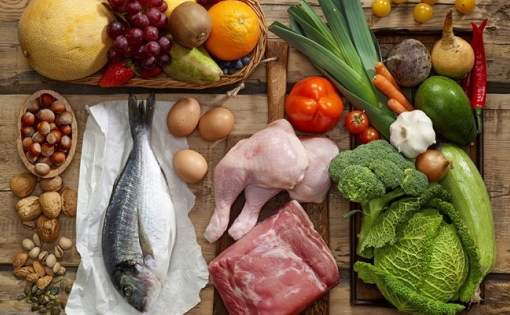
Paleo
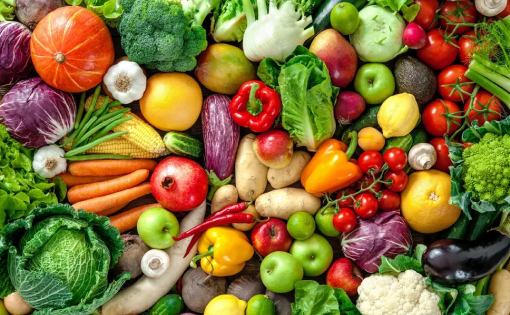
Vegetarian
